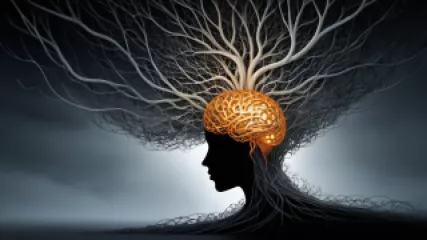Learning About Neurodiversity Through Fiction
1 year ago
Neurodiversity
My Reflections on Effective Strategies for Managing Rumination
1 year ago
Managing Rumination
10 Proven Strategies to Fight Boredom with Counseling
1 year ago
Dealing with Boredom
Establishing Healthy Boundaries in Personal Life
1 year ago
Boundaries in Personal Life
Overcoming Rumination: A Path to Clarity and Contentment
1 year ago
Managing Rumination
How to Effectively Manage Rumination: 5 Proven Strategies
1 year ago
Managing Rumination
Lessons from 'Inception' on Overcoming Cognitive Dissonance
1 year ago
Cognitive Dissonance
How to Break the Cycle of Workaholism: A Step-by-Step Guide
1 year ago
Workaholism
5 Effective Strategies to Combat Boredom through Therapy
1 year ago
Dealing with Boredom
Proven Techniques to Manage Rumination
1 year ago
Managing Rumination
Strengthening the Mind-Body Connection in Eating
1 year ago
Psychology of Eating
Top 10 Psychology of Eating Books for Food as Self-Care
1 year ago
Psychology of Eating
Learning about the Psychology of Decision Making through Fiction
1 year ago
Psychology of Decision Making
Effective Cognitive Dissonance Treatment Techniques
1 year ago
Cognitive Dissonance
Inside the Mind of a Workaholic: A Personal Journey of Therapy for Workaholism Recovery
1 year ago
Workaholism















